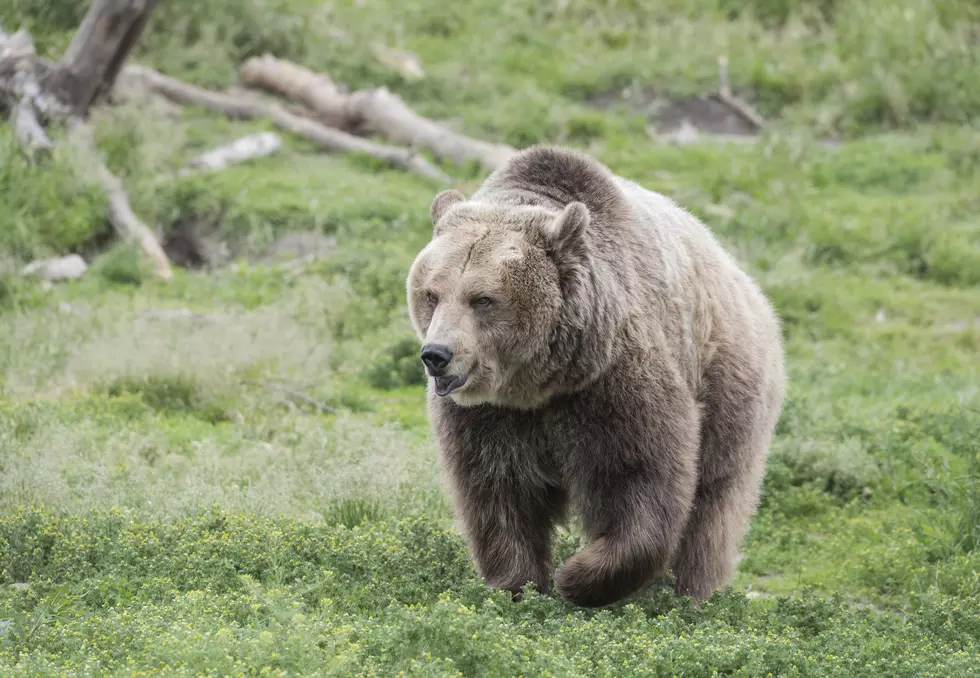
Montana FWP Asks Anglers for Oil Spill Fish, Warns Against Consumption
Their nets are in the Yellowstone river, but Montana Fish, Wildlife and Parks is having a difficult time assessing how the Bridger Pipeline oil spill is impacting local species. FWP spokesman Bob Gibson is asking anyone who catches a fish near the spill, to consider donating it.
"We are asking them to do one of two things, and again, this is a request not a demand," said Gibson. "One is that if you caught a fish in the river near where there is oil and you would like to donated it to us for testing, we would be glad to have that whole fish. One of the biggest problems that the biologists are running into there is the ability to get to fish in the river there to catch them to test them, because of the ice cover. Or, alternatively if you catch a fish and clean it, put it in the freezer and hold onto it without consuming it until we are able to catch enough fish to say whether it is good or bad for human consumption."
Gibson dealt with the Laurel spill back in 2011, which occurred during the heat of July. He says the ice not only makes this spill a lot harder to research, it could lead to more environmental damage.
"If you remember your high school chemistry classes, the benzene, toluene, ethylbenzene, and xylene and some of the really light-end things in crude oil, as soon as they hit the air they flash off and evaporate out, but there is no air to get to underneath the ice, there are no UV rays coming down to deteriorate some of that oil."
Largely due to the unique weather conditions surrounding this spill, Gibson says “there will be unknowns for months and years to come.”
More From KBUL NEWS TALK 970 AM & 103.3 FM









